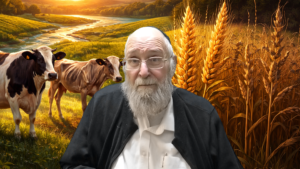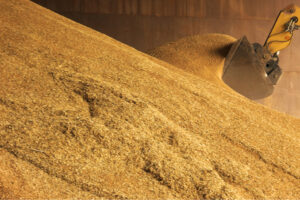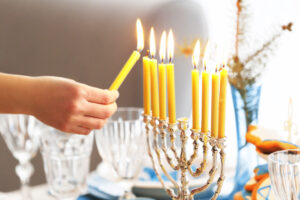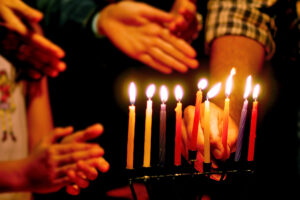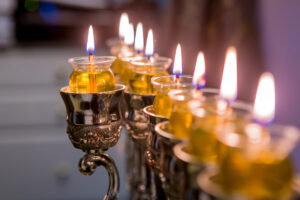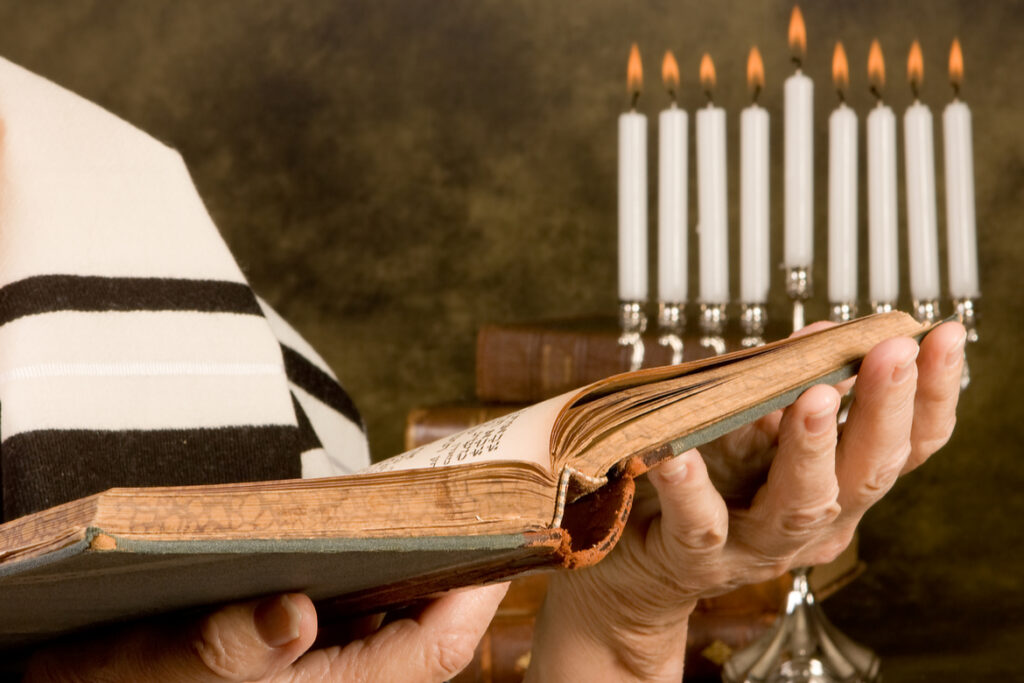Waiting for Change
Rebbe Nachman taught his followers that they shouldn’t offer rebuke or criticism, no matter how well-intentioned, unless it was clear that it would really help. Often, a mistimed or poorly-executed attempt to get another person back on the straight and narrow causes far more harm than good. Knowing when to leave a person space to develop at his own pace can sometimes be the greatest means of drawing him closer to God.
In Uman there was a man known as Aharon the Butcher, who rented the local bakery. For a time, this man would attend the Breslov synagogue in Uman, but his decorum there left something to be desired. He often conversed loudly during the services, disturbing everyone around him.
Naturally, many of the chassidim objected; they figured that the man would only change if he was thrown out of the shul as a warning, and be allowed to return only if he changed his ways. When they asked Reb Avraham b’Rav Nachman, one of the Breslov leaders at that time, what he thought of their plan, he voiced clear opposition.
“Listen, you can see yourselves that he is not, strictly speaking, a Breslover,” he said. “Why, then, does he bother coming to pray with us? What draws him? Since he chooses to pray with us, it’s clear that our responsibility is to welcome him so that he can absorb the unique atmosphere of our tefillah (prayer). Clearly, he comes here because he senses the joy and focus that infuse our prayers. If we are patient with him, we can hope that he will eventually improve greatly.”
Aharon the Butcher eventually moved to America. Although in those years most Jews who immigrated fell away from Judaism, this man did not. His daughter wrote letters to their family in Uman saying how proud she was of her father’s growing yirat Shamayim (fear of Heaven) despite – or perhaps because of – the new challenges.
“Father even railed in the synagogue about their inattention to the prayers,” she reported. “He said, ‘You call this a proper prayer? I’ll have you know that I used to pray with the Breslovers in Uman. They know what tefillah is!”
Based on Siach Sarfey Kodesh VII, 182
- 0 comment





